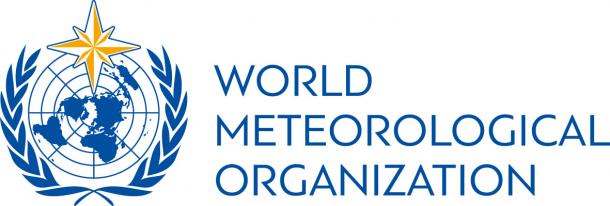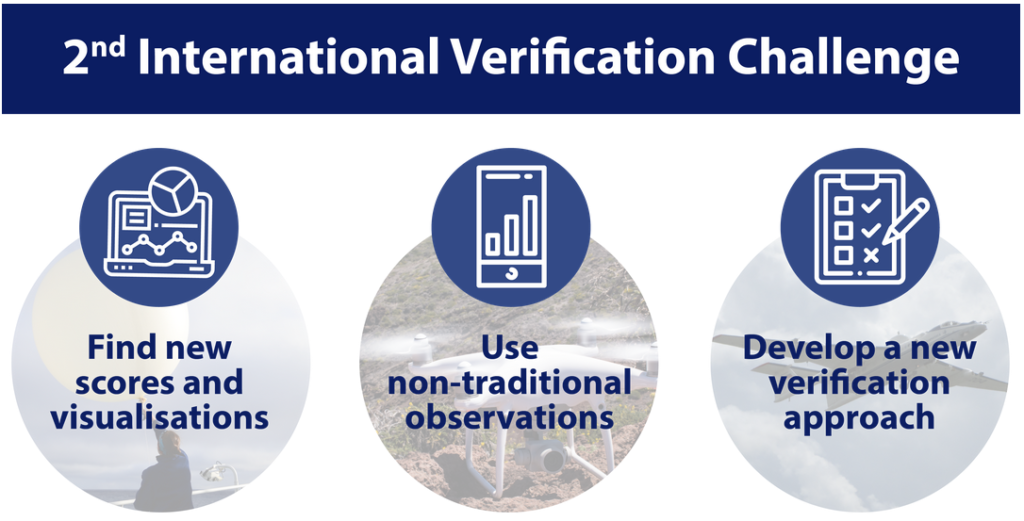DEADLINE 10 JUNE 2022 The dates for the next AMOS Conference 2022 are confirmed for 28…

2nd International Verification Challenge – Seeking the Best New Verification Metrics Making Use of Non-Traditional Observations

Forecast verification challenge to use non-traditional observations
Forecast verification is evolving beyond traditional metrics for basic weather variables to make use of many new sources of data to assess forecast quality. For example, data on weather-related damage and other societal impacts, social media, photos and other data from smart phones, and user-relevant variables such as energy output, crop yield, and so on, can all be used to evaluate forecasts and warnings. This additional evidence gives people greater confidence to use the forecasts in their decision making.
To encourage the development of verification approaches using new sources and types of observations, the World Meteorological Organization’s Joint Working Group on Forecast Verification Research (JWGFVR) is conducting a challenge to develop and demonstrate new forecast verification approaches that make use of non-traditional observations. New scores and visualisations are encouraged. The new approaches will support the WWRP High Impact Weather, Subseasonal to Seasonal Prediction (S2S), and Polar Prediction (PPP) projects.
The JWGFVR warmly encourages all interested researchers and practitioners to participate.
The deadline for entries is 30 April 2021. The winner will be announced in May 2021 and will receive all expense paid attendance and a keynote address as the 8th International Verification Methods Workshop to be held in late 2021.
https://community.wmo.int/news/2nd-international-verification-challenge or write to verifchallenge@bom.gov.au.
